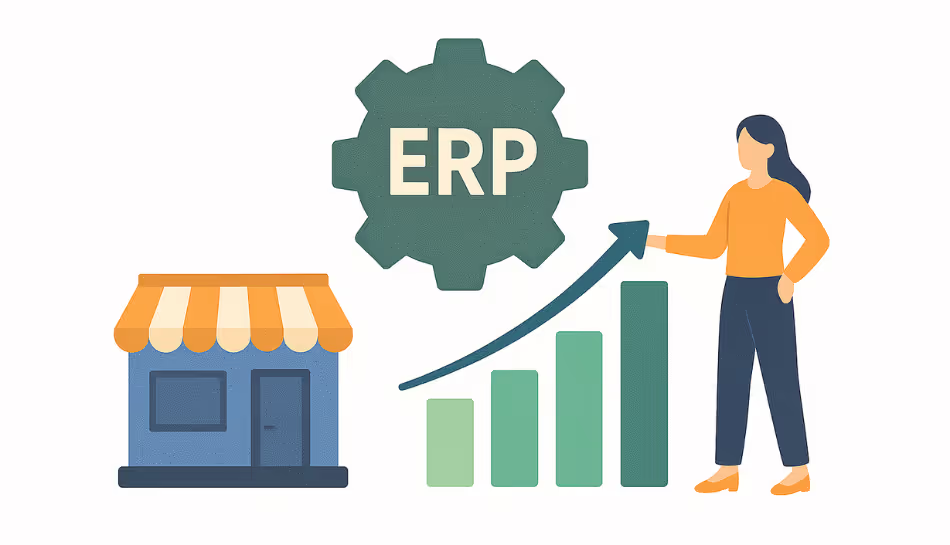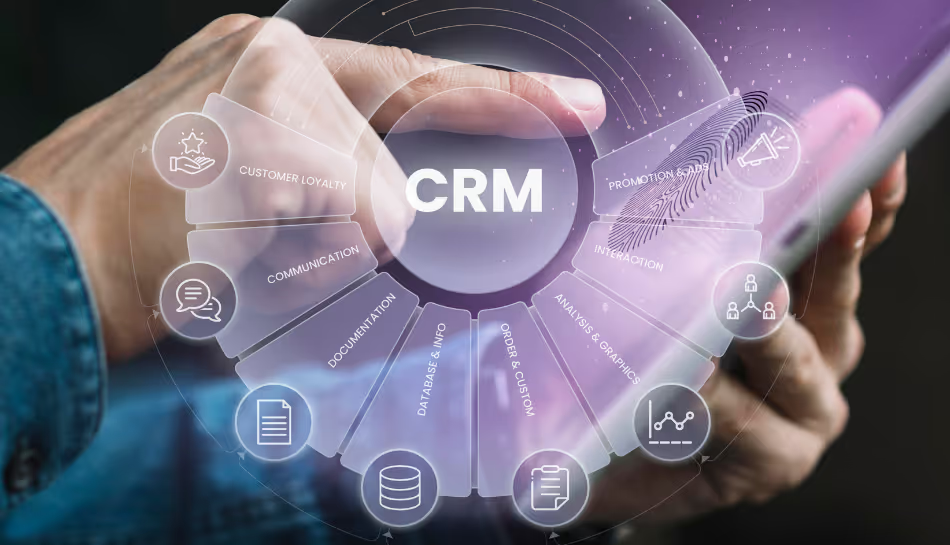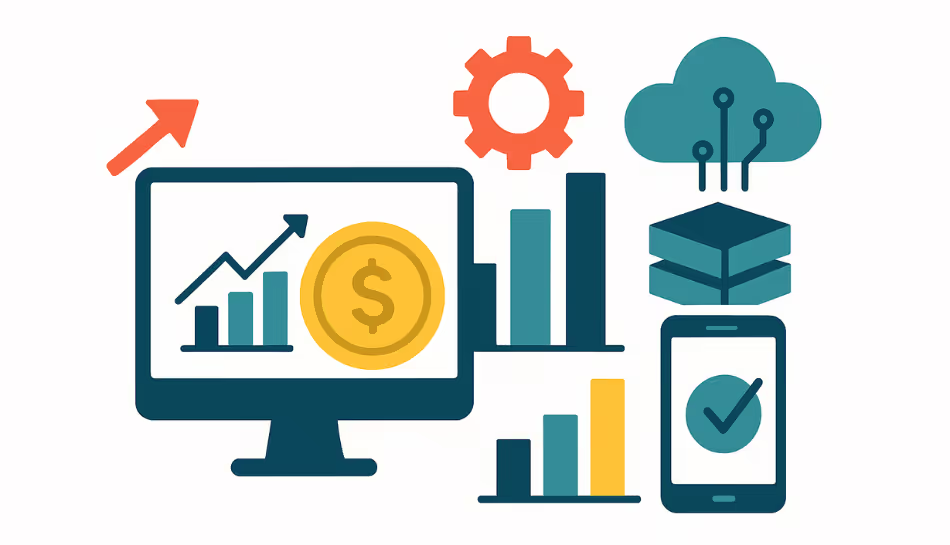Every growing business hits a tipping point, the moment when basic tools like spreadsheets, disconnected software, and manual processes start slowing things down. This is when many entrepreneurs realize that if they want to scale efficiently, they need something more powerful. That’s where an ERP system comes in.
Let’s explore why your growing business needs an ERP system and how it acts as a foundation for sustained, scalable growth.
What Is an ERP System?
ERP (Enterprise Resource Planning) software is a unified platform that connects different parts of your business, including accounting, inventory, sales, HR, procurement, and customer service, into one streamlined system. Instead of jumping between multiple tools, your team works in sync, accessing real-time information from a centralized source.
It’s not just for big corporations anymore. Many small and mid-sized businesses are adopting ERP solutions to improve operations and stay competitive.
How ERP Software Helps Scale a Growing Business
As your customer base expands and your operations grow more complex, you need a system that supports, not hinders, your pace. Here’s how ERP software helps scale a growing business:
Improved Efficiency: Manual data entry and cross-checking between systems wastes time and increases errors. ERP automates these tasks, so your team can focus on more strategic work.
Centralized Data: From sales performance to stock levels, all your data lives in one place. This means faster decision-making and less time hunting for information.
Real-Time Visibility: ERP gives business owners and managers an up-to-date view of operations. This helps in forecasting demand, tracking cash flow, and spotting inefficiencies early.
Better Collaboration: Departments no longer work in silos. With shared access to information, your team can communicate more effectively and act faster.
All of these factors contribute to a more agile, scalable business model.
Benefits of ERP Systems for Small Business Growth
Still wondering if ERP is worth it? Here are a few key benefits of ERP systems for small business growth:
Scalability: ERP systems grow with you. Whether you're adding more employees, expanding to new markets, or offering more products, your ERP adapts to handle the increasing load.
Cost Savings: While the initial investment might seem high, ERP reduces overhead costs by improving accuracy, speeding up processes, and avoiding duplication of work.
Regulatory Compliance: As you grow, compliance becomes more complex. ERP systems help automate reporting, recordkeeping, and audit trails, reducing your risk of penalties.
Customer Satisfaction: With better inventory tracking, faster order processing, and improved service, your customers receive a smoother experience.
Data-Driven Growth: ERP provides actionable insights. You can identify your most profitable products, high-performing sales reps, and areas of waste, giving you the tools to grow smarter.
ERP Systems for Efficient Scaling of Growing Businesses
One of the most overlooked aspects of growth is infrastructure. Without proper systems in place, growth can feel chaotic. ERP systems bring structure to that chaos by standardizing workflows and automating the repetitive parts of your business.
They allow you to scale efficiently, not just quickly. As you bring on new team members or expand to new locations, your ERP system ensures everyone is aligned, processes are followed, and performance is monitored.
This makes it easier to delegate, track, and control operations, without needing to micromanage every detail.
How ERP Can Improve Efficiency in Scaling Businesses
Let’s say your sales team is closing more deals, but your inventory system can’t keep up. Or maybe your HR team is overwhelmed with onboarding, and payroll errors are starting to creep in. These are signs that your backend systems are not built to handle growth.
How ERP can improve efficiency in scaling businesses lies in its ability to connect all your functions. It eliminates data duplication, improves accuracy, and lets you automate time-consuming tasks, from order processing and invoicing to reporting and compliance.
ERP helps you scale with confidence, knowing that your operations are running smoothly behind the scenes.
Final Thoughts
Growth is exciting, but it also brings new challenges. If your tools and systems aren’t built to support that growth, they can quickly become bottlenecks.
That’s why so many successful businesses invest in ERP early on. Whether you're looking to save time, improve efficiency, or gain better control over operations, an ERP system is the key to scaling your business the smart way.
If you're serious about building a business that can grow without breaking, it's time to make ERP part of your journey.



